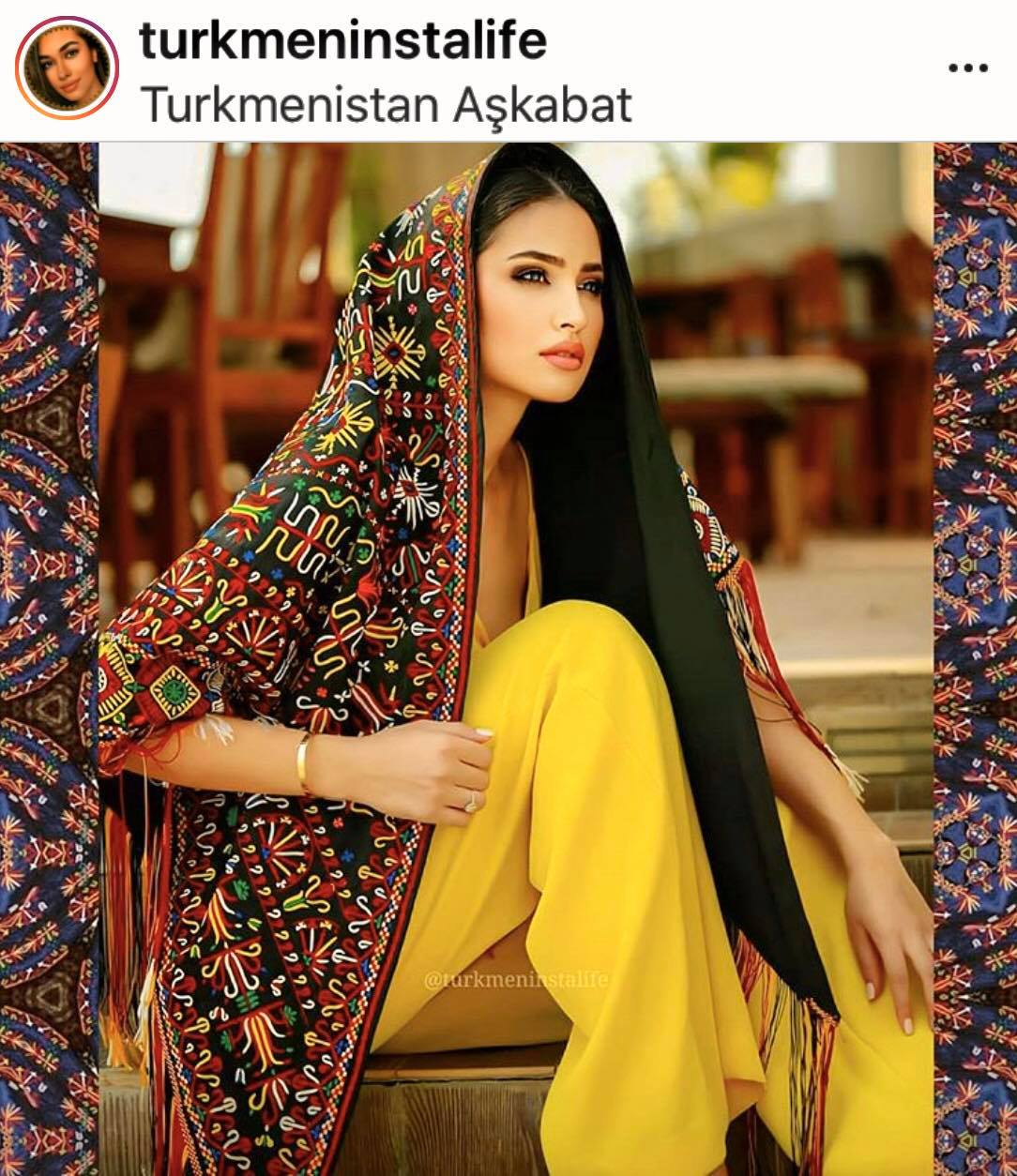Turkmenistan has no special dress code for women and they have no restrictions on obtaining driving licences. This was stated by Deputy Foreign Minister of Turkmenistan Vepa Hajiyev at a briefing on the participation of the national delegation in the 44th session of the working group on the universal periodic review of the UN Human Rights Council.
The diplomat, quoted by RIA Novosti, said the participating countries that attended the meeting often used information that did not correspond to reality.

Fron Instagram
"In everyday life, our women are free to wear whatever clothes they like. The same applies to women's appearance, to their visits to beauty parlours." It was said that there is no specific uniform dress code for women in Turkmenistan, except for higher education institutions, which is not new, as the same requirements in universities exist in many countries.
Hajiyev also said that about 10,000 driving licences have recently been issued to women in Turkmenistan.
"They are using them: you see it in the city - women are driving cars. For some reason no one talks about giving driving licences (exclusively) to men. They also don't get a licence if they 'fail' the test."
The Ministry of Foreign Affairs of Turkmenistan in its press release reports that following the dialogue in the UN Council, 228 recommendations were addressed, 146 of which were accepted for implementation, 82 were taken into account for consideration in subsequent work.
"Monitoring of national legislation is carried out for its compliance with the provisions of international documents, study of the provisions of international documents, as well as mechanisms for accession to them."
During the dialogue, as well as in the report itself, a lot of work is reflected in expanding the participation of women in all spheres of the socio-political life of the state.
Along with this, the delegation voiced issues of the development of civil society and the qualitative improvement of legislation and the practice of its application, achievements and efforts of the state in the field of labor relations.
Eziz Boyarov
Comments (0)